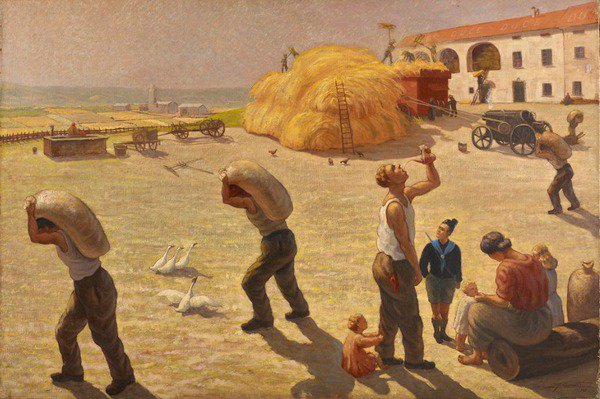Metropole/Colony: Africa and Italy
dal 24/1/2012 al 14/4/2012
Segnalato da
24/1/2012
Metropole/Colony: Africa and Italy
The Wolfsonian Florida International University, Miami Beach
The exhibition explores how material and visual culture, ranging from children's games to construction of new cities

The exhibition examines the central role colonization of Africa played in shaping Italian national identity during the Fascist era (1922-1943). With the invasion of Ethiopia in 1935, Benito Mussolini launched an expansion of the Italian empire in East Africa beyond the territories already claimed by the previous regime between 1890 and 1922. Colonization was integral, rather than peripheral, to efforts by the government to forge a social and cultural consensus nationwide, and attracted enthusiastic participation by artists, writers, and corporate interests. Drawn from the collection of The Wolfsonian-Florida International University, the exhibition explores how material and visual culture, ranging from children's games to construction of new cities, reinforced the cultural connection between the metropole (the Italian mainland) and the African colonies of Libya, Ethiopia, Eritrea, and Somalia. Even as the Fascist state attempted to impose control over colonial territories, it also made parallel attempts to reorder Italy itself. In both colonies and metropole, the state undertook reclamation of land for farming, resettlement of populations, rebuilding of cities, and intensive promotion of agriculture and industry. These campaigns, carried out within an expanding, multi-national empire, powerfully shaped the modern sense of what it means to be Italian. Curator: David Rifkind, Department of Architecture, FIU.



